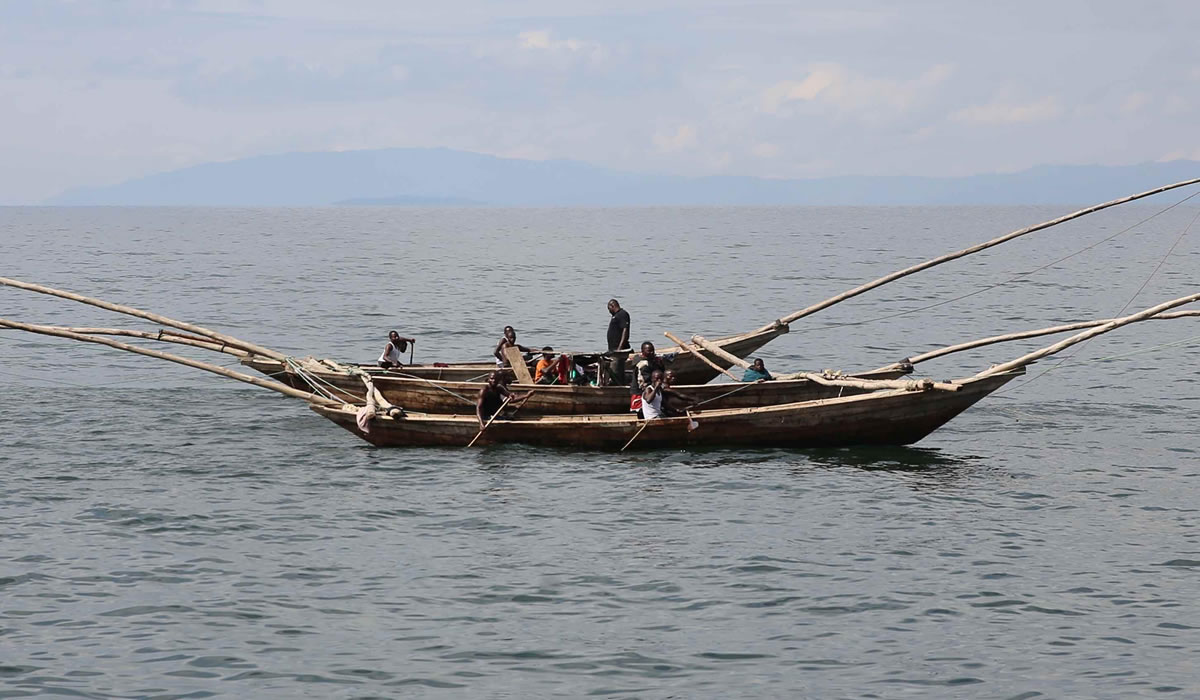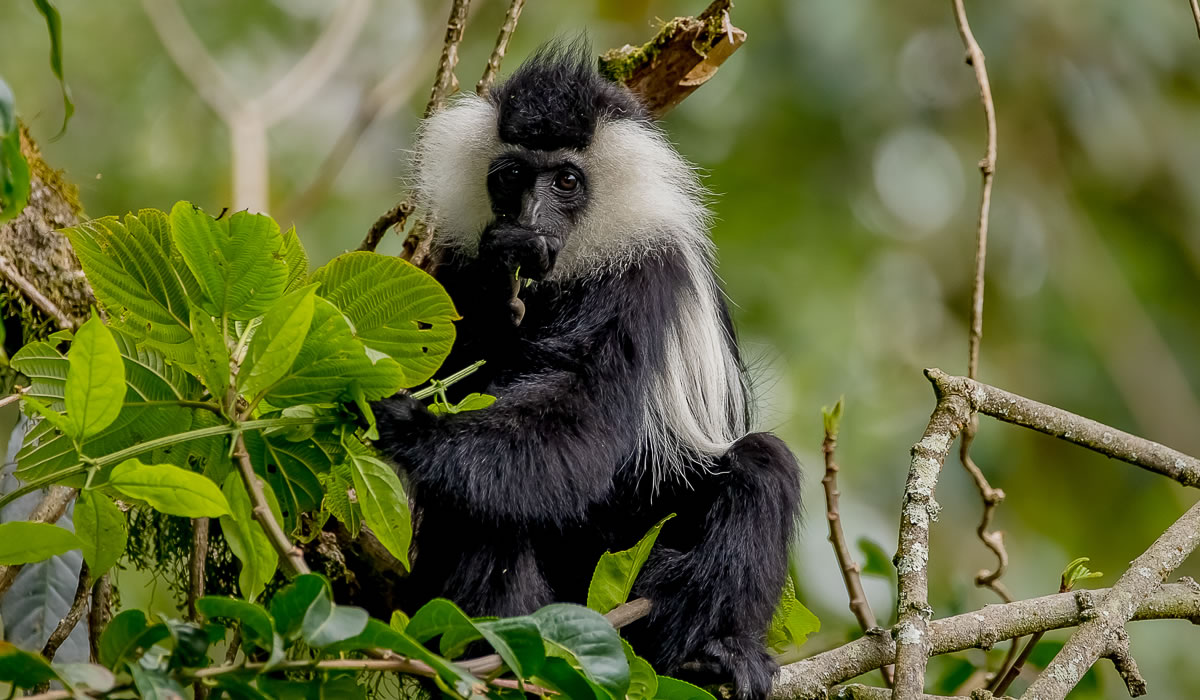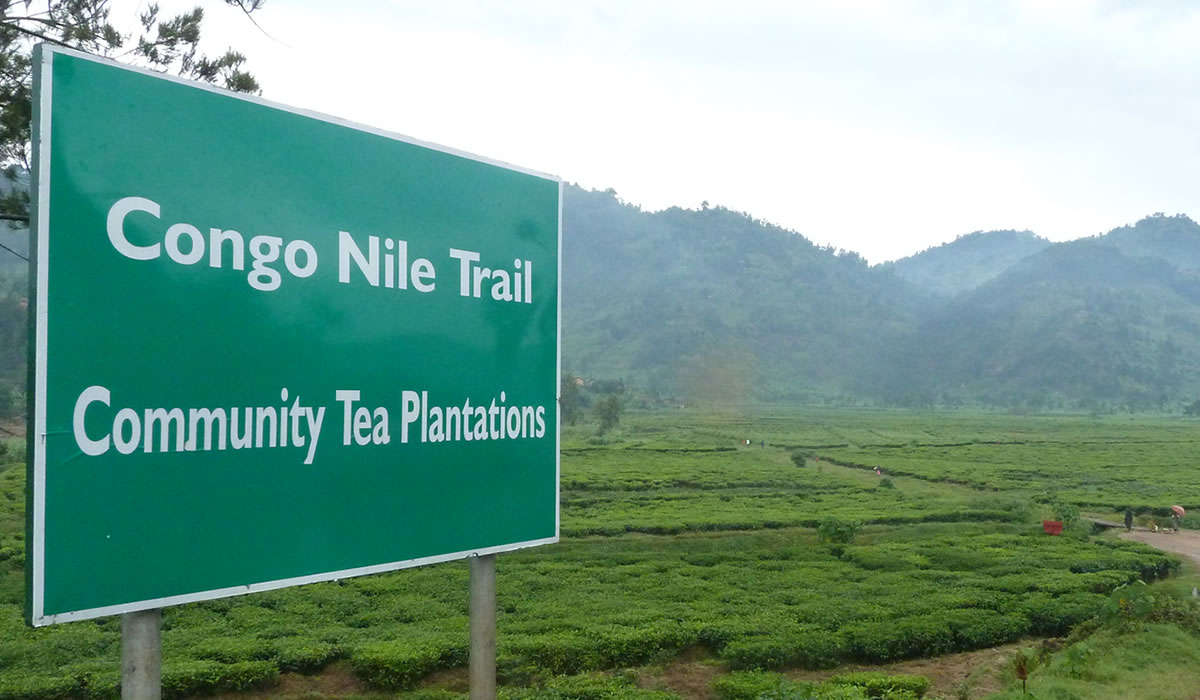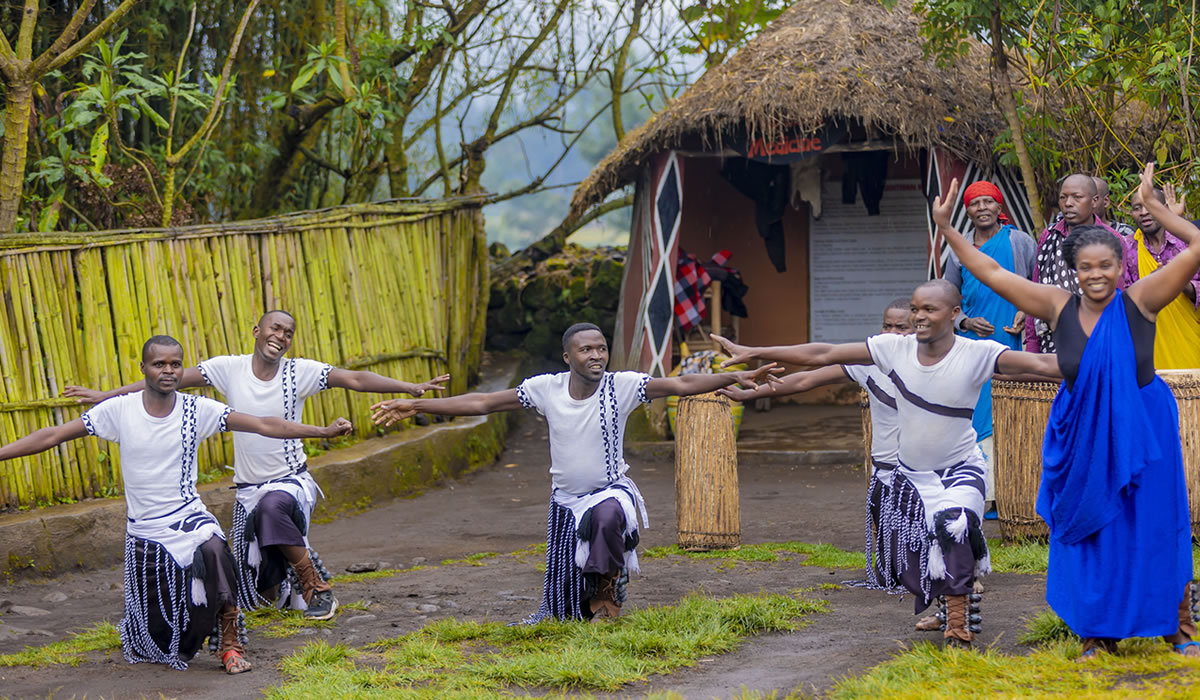Located in the southwestern part of Rwanda, Nyungwe Forest National Park stands as one of…

The Fishermen Experience on Lake Kivu.
Nestled between the green hills of western Rwanda and the eastern Democratic Republic of Congo, Lake Kivu is one of Africa’s Great Lakes, a shimmering jewel of serene beauty and cultural depth. Unlike other lakes in the East African Rift Valley, Lake Kivu is unique not only for its scenic allure and mineral-rich waters, but also for its rich fishing traditions and the captivating lifestyle of the local fishing communities.
Among the many immersive experiences available to visitors, the Fishermen Experience on Lake Kivu stands out as one of the most authentic and culturally enriching. This experience offers more than just a look at Rwanda’s traditional fishing methods, it provides insight into local livelihoods, community resilience, musical heritage, and the delicate balance between sustainability and tradition. Whether you’re a cultural explorer, an eco-tourist, or simply a curious traveler, this journey offers a deeper understanding of Rwanda through the rhythm of life on its waters.
Lake Kivu and Its Coastal Towns
Lake Kivu is the sixth largest lake in Africa, spanning approximately 2,700 square kilometers and lying at an altitude of 1,460 meters. It is framed by the picturesque towns of Rubavu (formerly Gisenyi), Karongi (Kibuye), and Rusizi (Cyangugu) on the Rwandan side. The lake is known for its calm waters, spectacular sunsets, and the backdrop of the Virunga Mountains in the north, making it a prime destination for both relaxation and adventure.
While Lake Kivu is famed for its scenic boat cruises and coffee tours, it is the traditional fishermen, especially those operating in wooden dugout canoes, who represent the soul of the lake. These communities have depended on the lake for generations, using age-old methods to harvest fish, particularly Isambaza a small sardine-like fish that plays a central role in the local diet and economy.
The Traditional Fishing Culture
The fishing culture on Lake Kivu is steeped in ritual, music, and collaboration. One of the most mesmerizing aspects of the fishermen experience is the night fishing tradition. Every evening, just before sunset, groups of three interconnected wooden canoes, rigged with poles and gas lamps, push off from the shore. These lamps are lit to attract Isambaza, which are lured to the surface by the light. Using small nets, the fishermen harvest the fish in the quiet of night and return by dawn.
This method is not only effective but also ecologically sustainable, avoiding the overharvesting that often plagues larger commercial fisheries. It is a striking sight hundreds of flickering lights bobbing on the lake under a starlit sky, resembling a floating village of lanterns.
The canoe groups paddle in unison, singing traditional Rwandan fishing songs melodic chants that coordinate their rhythm, uplift spirits, and celebrate the brotherhood among fishermen. The chants are more than music; they are oral traditions passed down from fathers to sons, blending folklore, religion, and storytelling.
The Fishermen Experience for Visitors
The Fishermen Experience offers visitors a front-row seat to this living tradition. While there are several entry points to the experience, Rubavu and Karongi are the most popular bases for tourists. Local tour operators, in collaboration with community cooperatives, have designed respectful and inclusive ways for visitors to engage.
Evening Preparation
The experience typically begins in the late afternoon, when visitors gather at the shoreline to meet local fishermen. Guides often bilingual and trained in cultural interpretation explain the history of fishing on Lake Kivu, the types of fish caught, and the role of fishing in the community’s economy and identity.
Participants are invited to help prepare the canoes, untangle nets, and light the gas lamps. This hands-on participation fosters a sense of connection and allows for informal interaction with the fishermen, who are always eager to share their stories and humor.
Joining the Canoes at Dusk
As the sun sets, visitors board support boats that accompany the fishing canoes a short distance onto the lake. From this vantage point, you can watch and sometimes even join the rhythmic paddling and singing as the fishermen move deeper into the water.
For those seeking a truly immersive experience, arrangements can be made to ride in one of the actual canoes, paddle alongside the fishermen, and witness the net-laying process up close. Safety gear is provided, and the activity is closely supervised to ensure comfort and security.
The atmosphere is magical golden skies reflecting off the water, the growing glow of gas lamps, and the haunting beauty of the chants echoing across the lake. It is both peaceful and profound, offering a sense of timelessness rarely found in today’s fast-paced world.
Overnight and Morning Harvest
While most visitors return to shore after dark, some experiences extend overnight for those interested in observing the full fishing cycle. In the early hours of the morning, fishermen begin collecting the nets and gathering their catch. Watching this process from the support boat, visitors gain an appreciation for the physical labor and patience required for such a traditional livelihood.
Back on shore, you can witness or participate in the sorting and drying of the fish. The Isambaza are either sold fresh in local markets or sun-dried on woven racks. Visitors can sample freshly prepared Isambaza, often grilled and served with plantains or local chili sauces, making for a delicious and authentic breakfast.
Cultural and Economic Significance
Fishing on Lake Kivu is more than an occupation, it is a pillar of community life. In villages along the lake, fishing provides food security, employment, and a sense of identity. Many families are intergenerational fishing households, with knowledge and skills passed down through oral tradition.
Despite the romantic allure of night fishing, the reality is often one of hard work, fluctuating yields, and economic uncertainty. Climate change, competition from commercial interests, and evolving government regulations around fishing zones and techniques have added complexity to the traditional way of life.
The Fishermen Experience is part of a broader effort to promote community-based tourism (CBT), enabling local people to benefit directly from tourism while preserving their cultural practices. A portion of the income from each tour is reinvested into fishermen cooperatives, local schools, and environmental protection efforts.
Environmental Awareness and Sustainability
Lake Kivu is a fragile ecosystem with unique geological characteristics, including large quantities of dissolved methane and carbon dioxide trapped beneath its surface. While these gases pose potential risks, they are also being explored as renewable energy sources in a controlled and scientific manner.
On the environmental front, overfishing and pollution remain concerns. Fortunately, Rwanda has enacted strict regulations on fishing practices, including limits on net sizes and fishing zones. Tour operators and cooperatives that offer the Fishermen Experience often include educational components on sustainable fishing and lake conservation. Visitors are encouraged to ask questions and participate in awareness-raising efforts.
What to Know Before You Go
- Best Time to Visit: The Fishermen Experience can be enjoyed year-round, but the dry seasons from June to September and December to February offer the most pleasant weather and clearer lake conditions.
- Duration: The experience lasts about 3–6 hours, depending on whether you stay overnight or return after the night paddle.
- What to Bring: Light waterproof clothing, a windbreaker, camera with night settings, snacks, and an open mind.
- Where to Book: Many eco-lodges in Rubavu and Karongi, such as Paradise Kivu, Inzu Lodge, or Cormoran Lodge, can arrange the experience. Tour operators and community tourism centers also offer direct bookings.
- Safety: The tour is safe, and life vests are provided. All participants are accompanied by trained guides and boat captains.
- Cultural Respect: Participants are encouraged to engage respectfully, ask questions, and avoid intrusive photography. Learning a few phrases in Kinyarwanda or Swahili can go a long way.
Complementary Experiences Around Lake Kivu
To make the most of your time at Lake Kivu, consider pairing the Fishermen Experience with other cultural and nature-based activities:
- Coffee Tours: Visit nearby coffee plantations and cooperatives such as those in Nyamyumba or Kinunu to learn about Rwanda’s world-class Arabica coffee.
- Hot Springs in Rubavu: Soak in the therapeutic waters of Gisenyi’s natural hot springs.
- Lake Kivu Boat Cruises: Explore the numerous islands dotting the lake, including Napoleon Island, famous for its fruit bat colonies.
- Cycling the Congo Nile Trail: For the more adventurous, this multi-day trail offers scenic biking through villages, hills, and shoreline.
The Fishermen Experience on Lake Kivu is more than just a tourist activity—it is a window into Rwanda’s cultural heritage, resilience, and natural beauty. It invites visitors to slow down, listen, and participate in a rhythm of life that has remained largely unchanged for generations. From the haunting songs over water to the shared laughter with fishermen by the fire, every moment offers a deeper connection to place and people.
In an age of packaged travel, this experience stands out for its authenticity and heart. For anyone seeking to understand Rwanda beyond the mountain gorillas and national parks, a night with the fishermen on Lake Kivu is a journey not to be missed.




